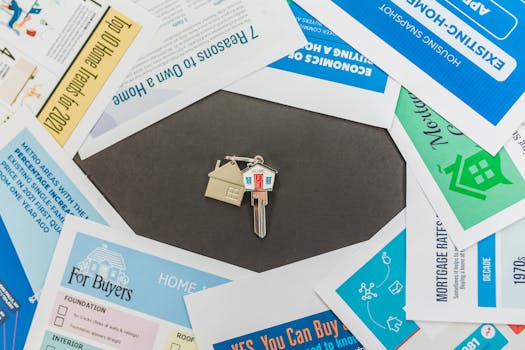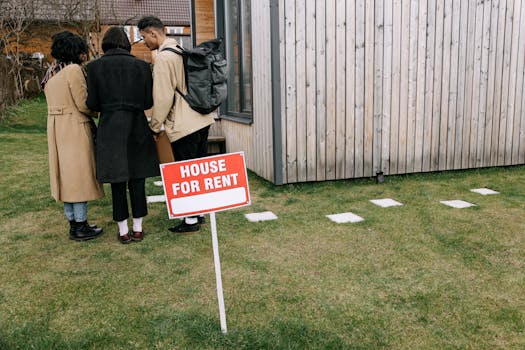"Essential Tips for Renting a House in Reno"
Renting a house in Reno can be an exciting prospect, but it requires careful planning and consideration. This article provides essential tips and insights to help you navigate the housing rental market in Reno effectively. Whether you're a first-time renter or looking to move within the area, understanding the key factors involved in renting can save you time, money, and stress.
Understand the Local Market The first step in renting a house in Reno is to understand the local market conditions. The demand for rental properties in Reno varies by area and time of year. Research the average rental prices in different neighborhoods to get an idea of what you can expect to pay. Websites like Zillow and Rent.com offer up-to-date information on rental listings and prices.
Advantages: Knowing the market can help you find a reasonably priced rental and avoid overpaying. Disadvantages: Market research can be time-consuming and information overload might lead to confusion. Example: Comparing rental prices in areas like Midtown versus South Reno can reveal significant differences in cost and amenities.
Check the Legalities It's crucial to understand your rights and responsibilities as a tenant. Nevada has specific laws that govern rental agreements, security deposits, and tenant rights. Familiarize yourself with these regulations to protect yourself from unfair treatment.
Advantages: Being informed can prevent legal issues and disputes with landlords. Disadvantages: Legal jargon can be difficult to understand without professional help. Example: Nevada Revised Statutes require landlords to return a security deposit within 30 days after a tenant moves out, barring any damages.
Inspect the Property Thoroughly Before signing a lease, inspect the property thoroughly. Look for signs of damage or wear and ensure all appliances and systems are in working order. This can prevent disputes over security deposits when you move out.
Advantages: Ensures the property is in good condition before you commit. Disadvantages: It might be challenging to arrange a thorough inspection, especially if you are relocating from another city. Example: Check that the heating system works efficiently, especially important during Reno’s colder months.
Consider the Lease Terms Pay close attention to the lease terms. Understand the duration of the lease, the amount and conditions for the return of the security deposit, and any penalties for early termination of the lease.
Advantages: Clear understanding of lease terms can prevent future conflicts. Disadvantages: Restrictive lease terms might limit your flexibility. Example: Some leases may include a clause that prohibits pets or requires tenant to maintain the yard.
Utilize Local Resources Utilize local resources like the Nevada Legal Services or Reno Housing Authority for assistance and advice on tenant rights and services. They can offer guidance and support throughout your rental experience.
Advantages: Access to professional advice and support services. Disadvantages: May require time to connect with these resources. Example: Nevada Legal Services provides free counsel for tenants facing unjust evictions.
Conclusion Renting a house in Reno involves several considerations from understanding the local market to inspecting the property and comprehending lease terms. By following these essential tips, you can enhance your renting experience and make informed decisions. Remember, being well-prepared is key to finding a great rental home that meets your needs and budget. Consider reaching out to local experts if you need further assistance and always stay informed about your rights as a tenant.
Main keyword: Renting a House in Reno
For more detailed information on tenant rights and rental tips in Reno, you can visit the official Nevada Legal Services website at Nevada Legal Services.

.png)



